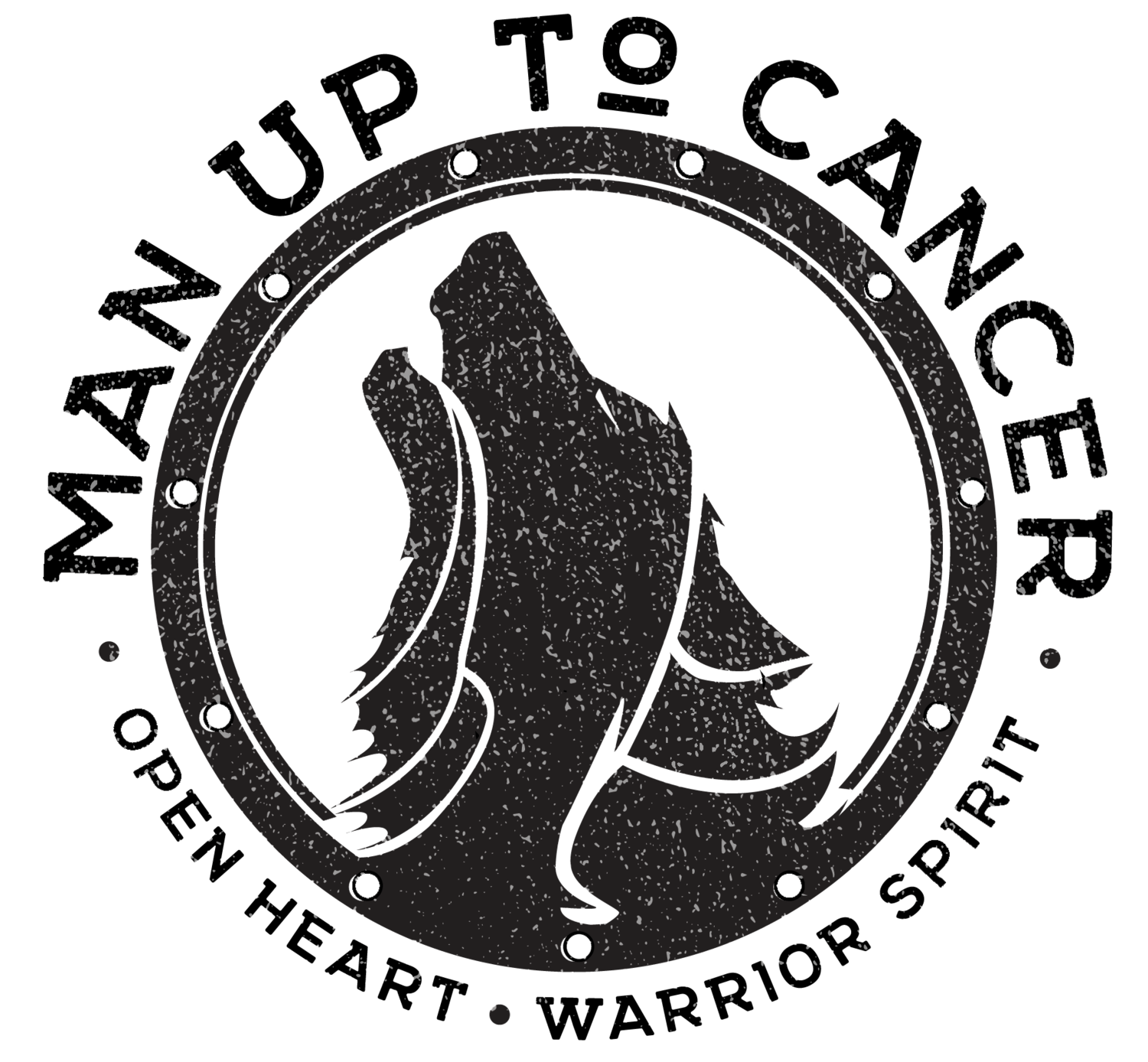Deven Massett | Kidney Cancer Awareness Month
This March, we’re honored to share the story of Deven Massett, a Registered Nurse from Sherwood, Oregon. With nearly 16 years in healthcare—eight of those in Gastroenterology—Deven is no stranger to cancer detection. But in 2023, he found himself on the other side of the diagnosis after an incidental finding revealed a large tumor on his kidney. What followed was a whirlwind of surgery, immunotherapy, and transformation—both physically and emotionally. His story is a powerful reminder of the importance of listening to your body, embracing support, and rewriting the narrative of survivorship.
Q: What prompted you to get screened for kidney cancer?
I didn’t plan on it. It was found incidentally. I’d spent a weekend walking the beach—about 7 miles a day—at the Oregon coast. That Monday, I woke up with back pain and noticed blood in my urine. As a nurse for nearly 16 years, I initially chalked it up to overexertion. But something didn’t sit right. I stopped at urgent care on my way home. The urine test showed no infection, so they ordered an ultrasound to rule out kidney stones.
That ultrasound turned into a STAT CT scan… and before I could even get home, I got the call. A 12x11x13 cm tumor was found on my left kidney. I was told to meet with an oncologist and surgeon immediately. At just 45, I was too young to be hearing this kind of news. It was a shock.
Q: Can you walk us through your treatment journey?
I had an open radical nephrectomy just a week later, the day after Labor Day. Because of the tumor’s size and the risk of spread, they couldn’t do laparoscopic surgery. I was off work for 3 months to recover, then began Keytruda immunotherapy every 3 weeks for 13 months. As of October 2024, I’m done with treatment. Scans show NED, and I’ll be monitored closely every 3 months for the next 5 years.
Q: How has this experience changed you?
Cancer didn’t just challenge my body—it transformed my life. I’ve lost over 160 pounds, started walking 5+ miles daily, working out, eating better, and paying attention to my mental well-being. I feel like I’ve been given a second chance. This isn’t the end for me. It’s the beginning.
Q: What do you wish more men understood about cancer?
We often carry this stigma that we need to suffer in silence. That if we have cancer, it must be terminal. But that isolation? That’s what’s truly deadly. I’ve been “cancer ghosted” by people who couldn’t see past my diagnosis. Thankfully, I have an incredible wife, Felicia, and a solid support system. I also joined a men’s group where we meet weekly for a tough workout and fireside connection. That keeps me grounded. Alive. Seen.
Every man’s journey is different. But no one should go through this alone.
Q: How did you find Man Up to Cancer?
Online. I was searching for support groups—somewhere I could connect with other men who got it. I found the Facebook group, joined a few Zooms, and even linked up with the local chapter. I only wish I’d found MUTC sooner—during treatment, that kind of connection would have meant everything. But I’m here now, and I’m not going anywhere.

